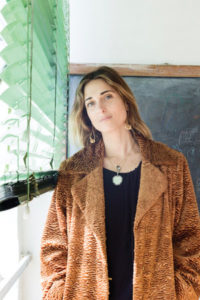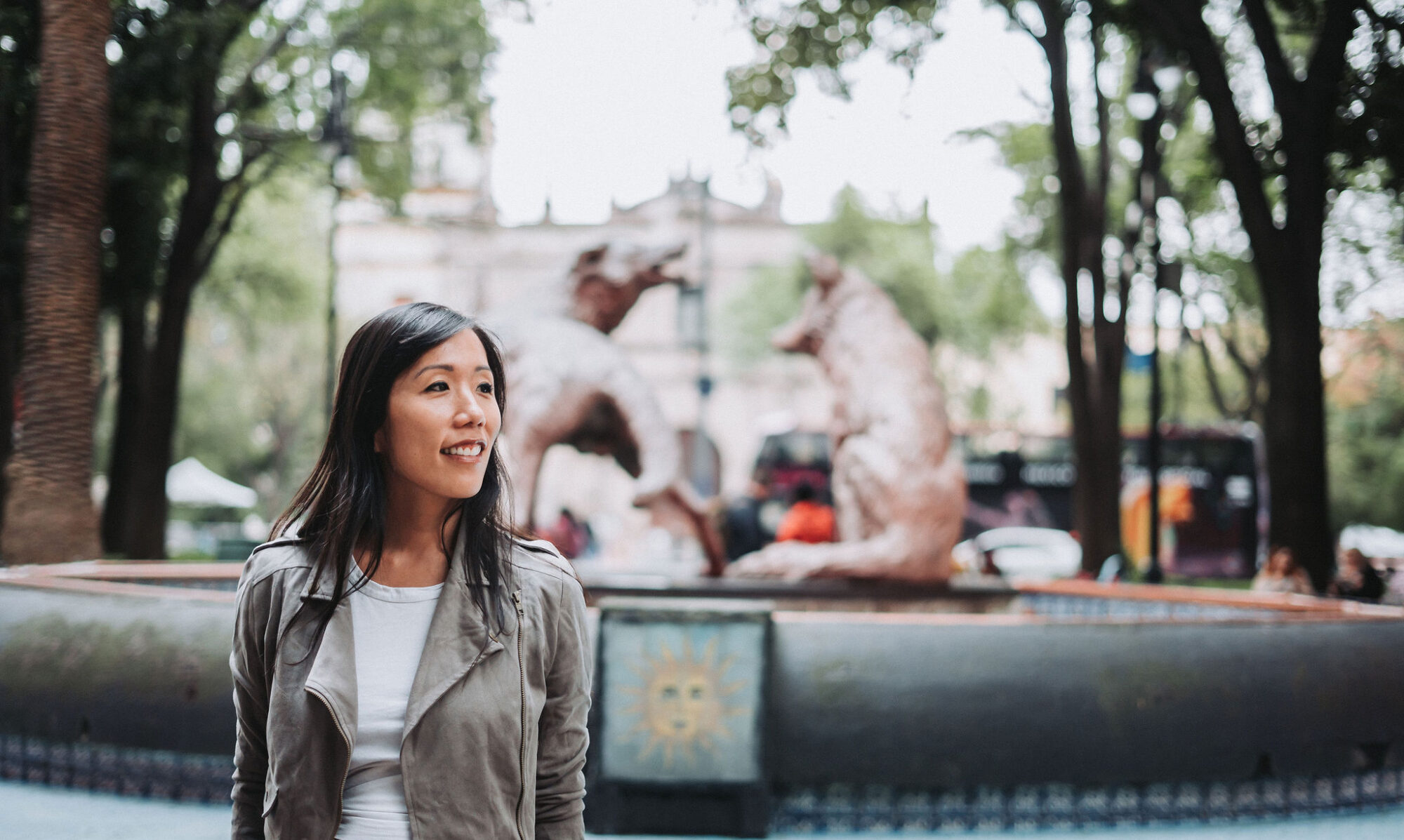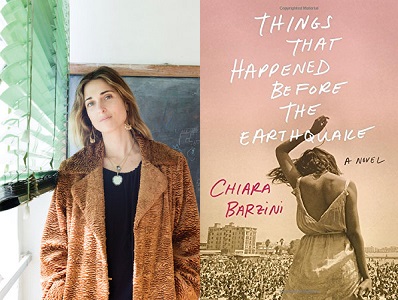Every month, I interview an author I admire on her literary firsts.
 Coming-of-age stories set in Los Angeles: It’s a subgenre of sorts that’s growing in size, that holds within it wildly different books. I love these L.A. stories so much I wrote one myself — and read with a thrill Chiara Barzini’s volatile and beautiful novel Things That Happened Before the Earthquake too. (full review here)
Coming-of-age stories set in Los Angeles: It’s a subgenre of sorts that’s growing in size, that holds within it wildly different books. I love these L.A. stories so much I wrote one myself — and read with a thrill Chiara Barzini’s volatile and beautiful novel Things That Happened Before the Earthquake too. (full review here)
Chiara was born in Italy but spent some formative years in L.A. and other places in the U.S. before moving back to Italy. This novel’s actually Chiara’s second book; the first was a collection of short stories titled Sister Stop Breathing. But in addition to writing fiction, Chiara’s also a screenwriter and journalist, with work in publications ranging from Vice to Vogue.
In this interview, Chiara talks about her choice to fictionalize memoir, L.A.’s transformation and stasis through the years, and daughters with artistic fathers.
____
Siel: On the LA Review of Books podcast, you mentioned that you first started writing your Things That Happened Before the Earthquake as a memoir. How did you realize it needed to be a novel?
Chiara: I felt like I had more freedom when I didn’t feel blackmailed by the hard facts of life. I could break things apart and rebuild them again elsewhere on the page. It was very liberating.
The girls in your novel are artistic, independent, and often lonely. They could be described as latchkey kids, with the freedom and daring to take incredible risks while their parents aren’t watching–yet the girls are also caged or trapped in many ways, often expected to serve their parents’ ambitions and desires instead of exploring their own. Is this just a basic feature of female adolescence, do you think, or a tension more specific to children of artist parents?
I definitely think that the children of artists, on this regard I saw a great documentary about Julian Schnabel by an Italian director named Pappi Corsicato, are often bound to carry the weight of their parent’s creative field. This weight can go in different directions. It is electrifying and sublime to be close to the art of parents, but it can also be confusing in terms of your own independent creative identity. Daughters are often required to take on the weight of their father’s ambitions. Hard not to muddle them with their own, especially when you are young. Eugenia tries to break free from this pattern.
You’re a filmmaker and journalist as well as a novelist. Do you find that you use the same creative energies in all these roles–with the passion for them coming from the same place–or does each one fulfill a completely different need?
I am lucky to work in these three realms because they very much inform each other. Journalism gives me the thrill of discovering stories and doing research, which is to this day one of my favorite parts about the writing process in every field. Screenwriting holds the promise of visual satisfaction. Fiction is your secret lover.
I love the nostalgic “Valley Girl” personal essay you wrote for Vogue, where you write your heart still aches for Southern California — especially the “wildness and violent winds” of Topanga and Malibu. I’m not sure how often you visited L.A. these days, but I know you did come through recently on book tour. In your view, has L.A. mostly changed or mostly stayed the same?
Los Angeles has changed immensely since the 90’s, socially, culturally, and politically, but its nature, as we’ve seen, has not. It is still a land of terrifying fires and mud slides and quakes. Glued in front of the television watching the flames in the last weeks, I was reminded of how relentless the nature of the city can be, wild and completely unpredictable.
What are you working on now?
I am working on a very fun film project in Italy and starting research for the next book.
___
Enter to win a copy of Chiara Barzini’s Things That Happened Before the Earthquake by signing up for my newsletter. Already joined up? Then you’re already entered. Good luck!
Photo by Jeannette Montgomery Barron

